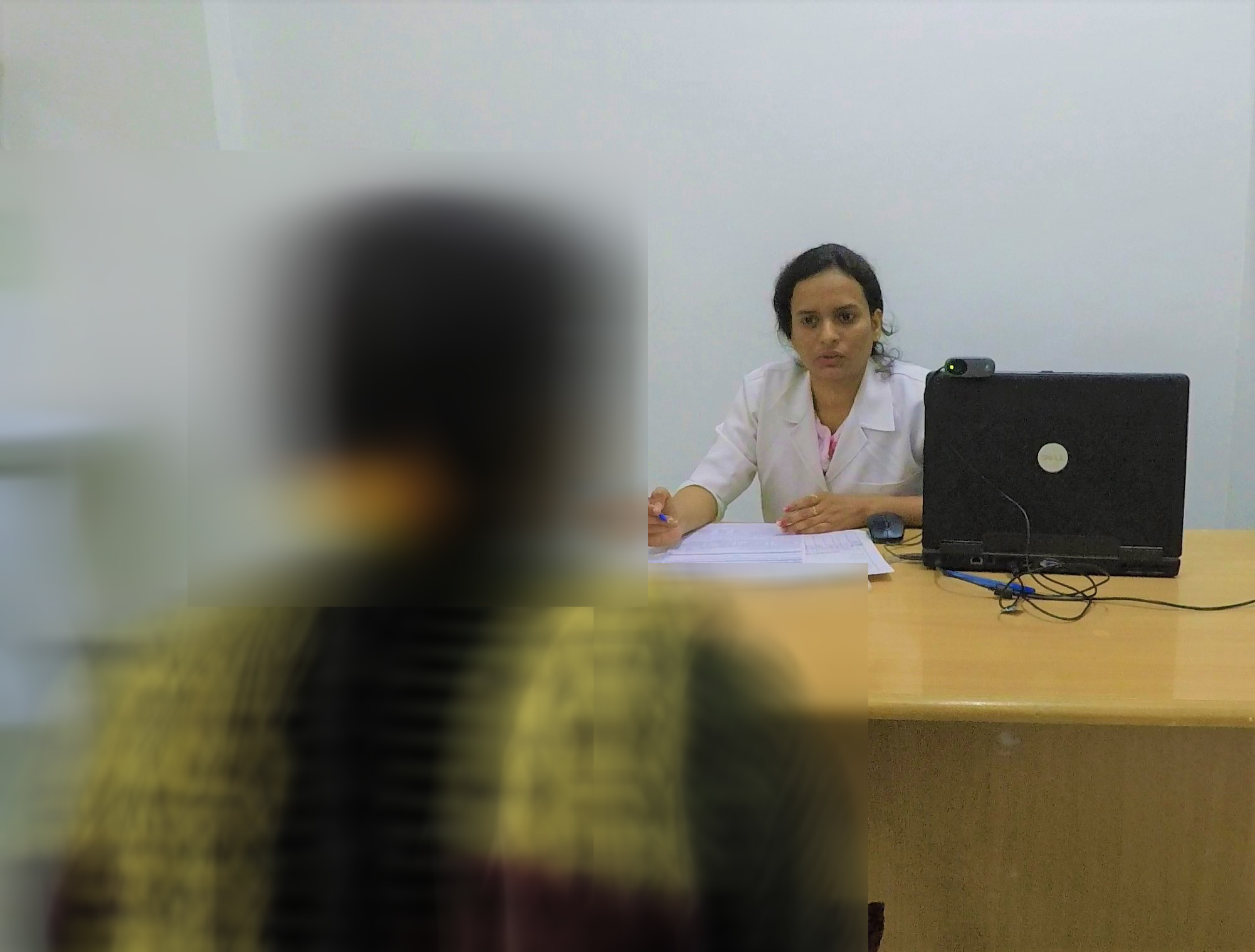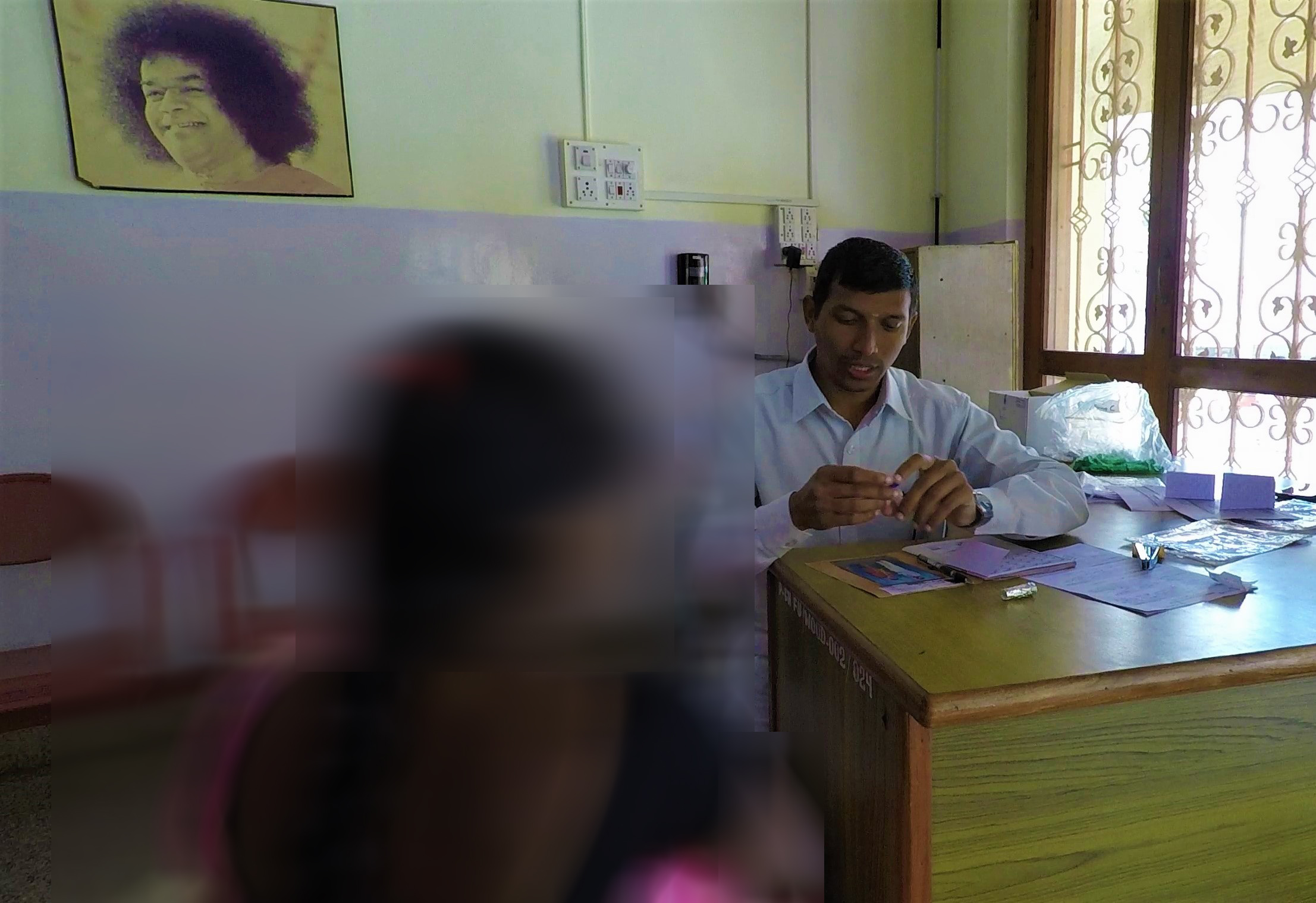The STAR Lab, SSSIHL, has published a new article in Asian Journal of Psychiatry that presents the task sharing approach as an effective strategy for the detection of perinatal depression in rural area of South India. This study presents a synergistic outcome from the educational and medical institutions established by Bhagawan Sri Sathya Sai Baba, Founder Chancellor, SSSIHL. This collaborative effort was carried out at Sri Sathya Sai General Hospital (SSSGH), Prasanthi Nilayam over a period of three years. The longitudinal study involved two expert doctors from the SSSGH (Prasanthi Nilayam and Whitefield), three psychiatrists (two from Schizophrenia Research Foundation, Chennai, and one from Government Medical College/Government General Hospital, Anantapur) and a biostatistician from Germany, all of whom worked continuously with the members from the STAR Lab, SSSIHL.
Study and Outcome
In this work, we have assessed the quality of perinatal depression screening by a non-expert in the context of task sharing in a rural Indian maternity service. This is a longitudinal study carried out for three years involving voluntary participation of pregnant women right from the second trimester up to 3 months post-delivery. A qualified midwife (trained by a psychiatrist and doctors from SSSGH) administered the Edinburgh Postnatal Depression Scale (EPDS), a questionnaire that is widely used for identifying possible depressive symptoms in pregnant women and new mothers. With the study participants’ consent, these EPDS sessions were recorded (audio/video) in line with the approval obtained from the SSSIHL institutional ethics committee. As part of the study, these audio/video recordings were analyzed by expert psychiatrists. Several studies have suggested that task-sharing is an effective strategy to monitor perinatal depression (PND), but no study has assessed the quality of PND detection by a non-expert, in the context of task-sharing especially in a rural Indian population. This approach further addresses the shortage of mental health care professionals (MHPs) in resource limited settings, especially in low and middle income countries and promotes remote care solutions during the pandemic. Our research study findings suggest that with adequate training, in the absence of experts (psychiatrists), non-experts (midwives) can be highly effective at task-sharing implemented for screening PND.
Impact
This study has a significant impact on society, particularly in rural areas, with respect to healthcare management. Our research outcome recommends that with sufficient training, non-experts (midwives) can be effective at task-sharing, implemented for the screening of PND at clinical centers where availability of MHPs is limited. The empowerment of non-experts for the given task will also serve as an excellent alternative to address the shortage of MHPs in resource limited areas, especially in rural areas of India. This training can also provide an alternative for remote care even during the pandemic





